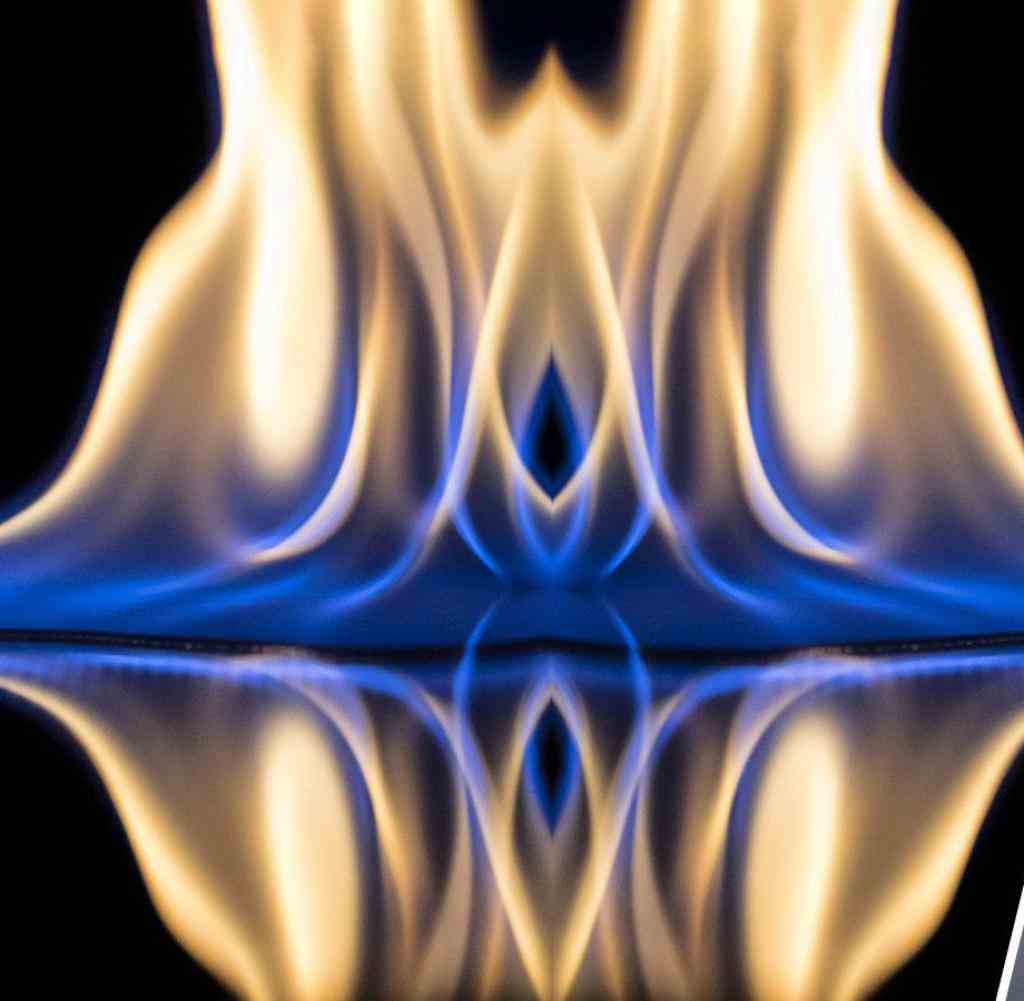Habeck wants to keep two nuclear power plants running until April 2023
Habeck considers the continued operation of Isar 2 and Neckarwestheim necessary
Federal Minister of Economics Robert Habeck considers it necessary to continue operating the two nuclear power plants Isar 2 and Neckarwestheim in the first quarter of 2023. Habeck agreed with the operators of the two nuclear power plants on a concept for reserve operation.
According to Economics Minister Robert Habeck, the nuclear power plants Isar 2 and Neckarwestheim 2 should continue to run beyond the end of the year. The reason for this is the gap in French nuclear power.
BEconomics Minister Robert Habeck considers it necessary to operate the two southern German nuclear reactors Isar 2 and Neckarwestheim 2 over the winter given the current situation. “As of today, I think it’s necessary,” said the Green politician on Tuesday evening in Berlin. He referred to the situation in France, where many nuclear power plants cannot run due to maintenance work.
The situation there continued to deteriorate in view of the winter. “Today I have to say that the data from France suggest that we will call up the reserve,” said Habeck. “As the Minister responsible for energy security, I must therefore say: If this development is not reversed, we will leave Isar 2 and Neckarwestheim on the grid in the first quarter of 2023.”
For technical reasons, the final decision for Isar 2 must be made in December at the latest, for Neckarwestheim this is also possible at the beginning of the year. The nuclear power plants should run until mid-April 2023 at the latest. The details of the longer terms were negotiated intensively with the operators, said Habeck. Agreed on key points that are the basis for legal changes that are to be decided at the end of October.
According to the key points, Isar 2 and Neckarwestheim 2 are to be transferred to an operational reserve after the end of their regular service life on December 31st. They are therefore ready to prevent an impending power grid bottleneck in southern Germany. In order to enable the reserve, the operators would “start everything necessary immediately”.
All applicable safety regulations would be observed, said Habeck. The necessary law is meanwhile being “quickly launched”. In addition, the situation in the German and European electricity system is being closely monitored. “Overall, Germany has a high level of security of supply in the electricity sector, but the situation must always be viewed in conjunction with its European neighbors.”
Actually, as part of the nuclear phase-out, the last three nuclear power plants should be shut down at the end of the year. According to the Ministry of Economic Affairs, this should continue to apply to the Lingen reactor in Emsland. At the beginning of September, Habeck announced the plan for a so-called operational reserve for the two nuclear power plants in Bavaria and Baden-Württemberg.
Kretschmann considers the continued operation of Neckarwestheim to be correct
Baden-Württemberg’s Prime Minister Winfried Kretschmann believes that the likely continued operation of the two German nuclear power plants is correct. The Greens politician called the cornerstones of Habeck “a coherent and binding timetable”. This is exactly what is appropriate in the current difficult situation in order to prevent a power grid bottleneck in southern Germany. “He has my full support for this path,” said Kretschmann. The energy supplier EnBW is now preparing its Neckarwestheim II nuclear power plant in the Heilbronn district for possible operation until April 15 next year at the latest.
Kretschmann said the decision created “early clarity for the operators and security for the citizens”. Habeck rightly emphasized “that the procedure is urgently required in view of the current situation and the forecasts for electricity production by the French nuclear power plants and that continued operation is necessary according to the current status.”
According to EnBW, the kiln will initially be shut down on December 31st. If the federal government decides that further electricity production is necessary in Neckarwestheim, the reactor core of the plant will be reassembled with the existing, partially used fuel elements and restarted, EnBW explained. This should ensure electricity production of up to 1.7 billion kilowatt hours of electricity, it said.


